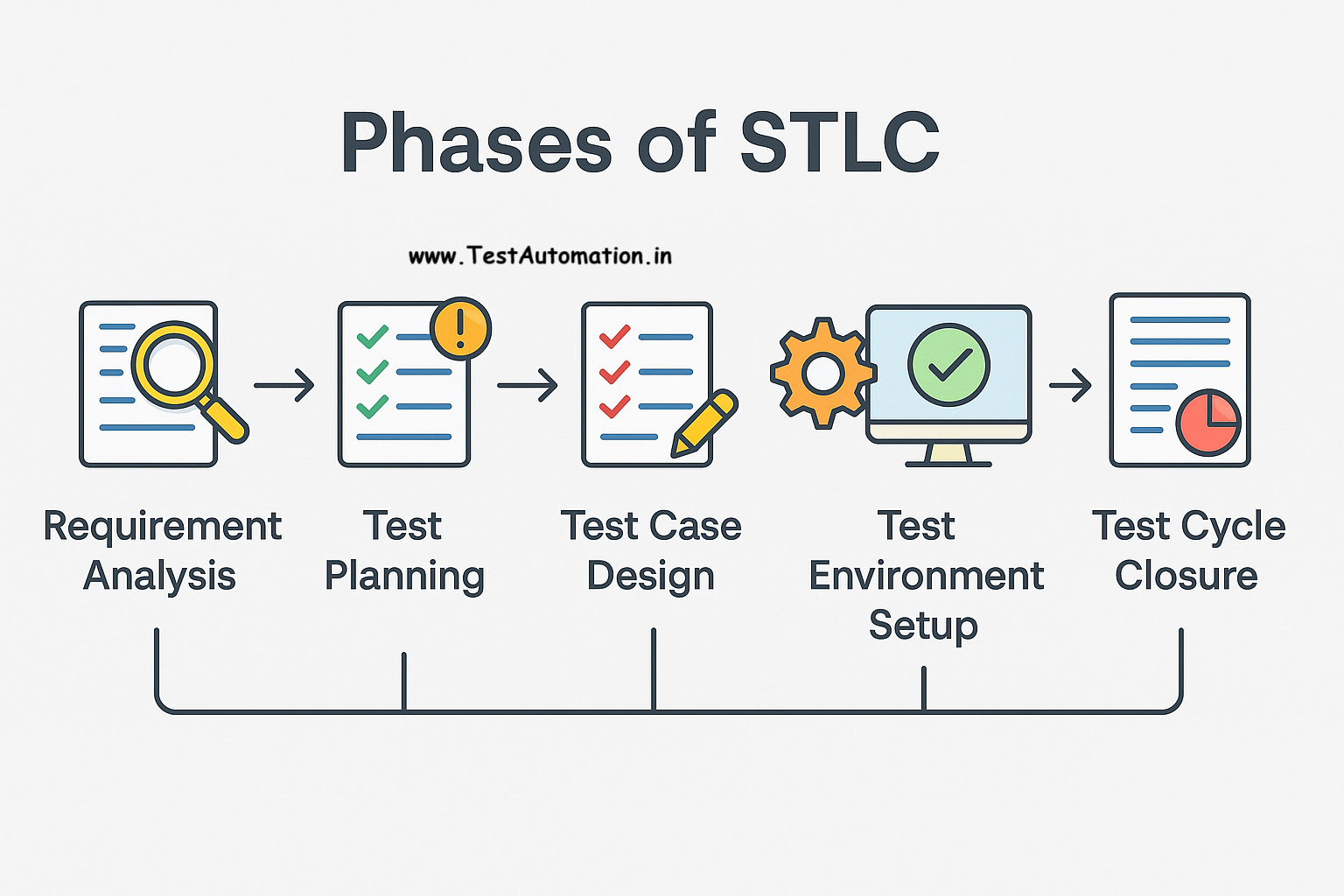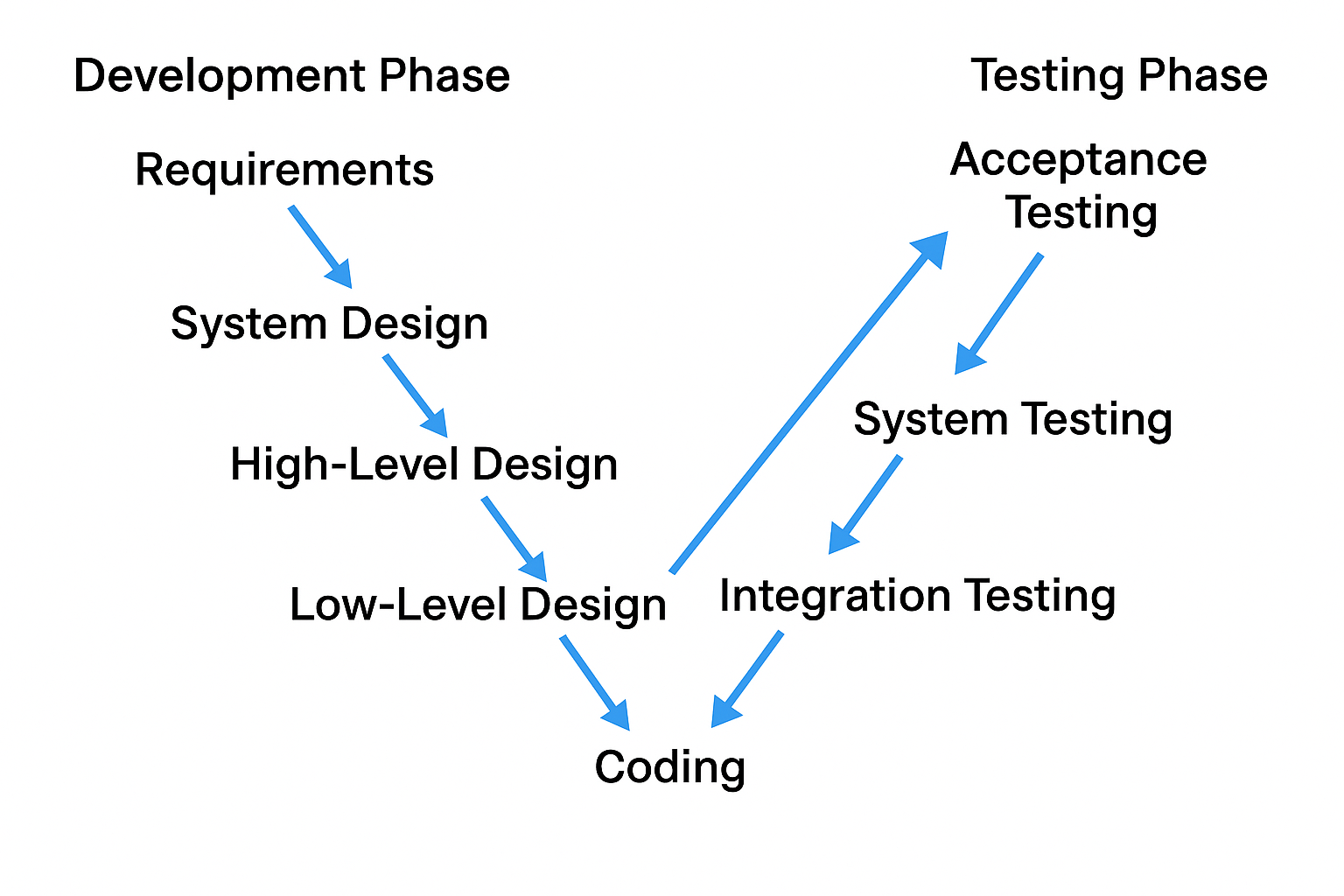Definition of Software Testing
Software Testing is a systematic process of evaluating and validating software applications to confirm that they operate as intended. This involves running the software to discover and resolve any issues, defects, or gaps in functionality based on predetermined requirements.
Purpose of Software Testing
The key purpose of software testing is to verify that the software meets quality standards, is free from critical errors, and delivers on its promised functionality. Testing ensures the application meets business and user needs, delivering a reliable, error-free experience that aligns with requirements.
Objectives of Software Testing
1. Identify and Resolve Defects
Uncover bugs or flaws in the application to improve the final product.
2. Validation and Verification
Ensure the software meets functional requirements (Validation) and adheres to design specifications (Verification).
3. Performance Evaluation:
Assess the software’s responsiveness, stability, and scalability under expected usage conditions.
4. Security Assessment
Identify any potential security vulnerabilities within the application.
5. Quality Improvement
By conducting comprehensive tests, testing ensures higher quality and a more user-friendly application.
6. Ease of Maintenance
Identifying and fixing issues early on supports easier long-term maintenance and reduces future costs.



